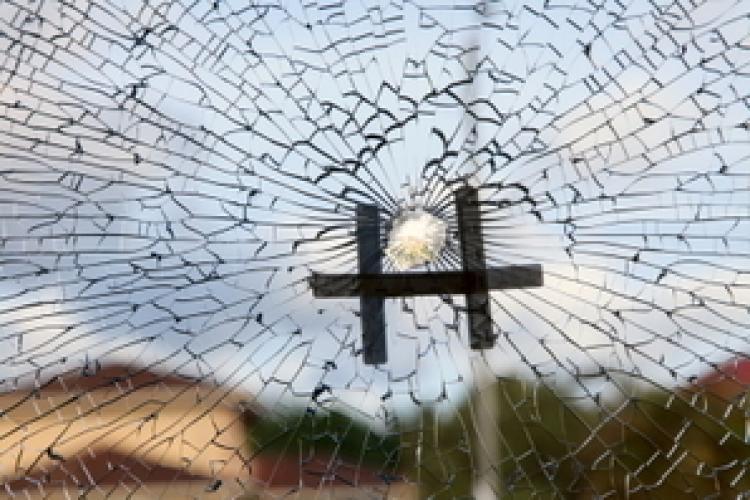A Senate committee exploring issues in Australia’s diaspora communities heard on Monday how the Chinese Communist Party (CCP) had wielded its influence against The Epoch Times for years due to the media outlet’s independent reporting on the totalitarian regime.
In its submission to the Senate inquiry, The Epoch Times emphasised that independent newspapers, in contrast to CCP-aligned newspapers that make up the majority of Chinese-language publications, play an important role in helping migrants understand the values that define Australian society—a free society that operates very differently to the rule-by-law communist system seen in China.





